Pakistan might want to bungle dialogue but it's in India's best interest to stick to diplomacy
Mon 17 Aug 2015, 19:43:16
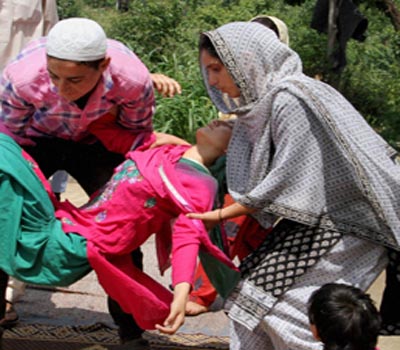
New Delhi (PTI) 'Two martyred in Indian firing across LoC,' claims the News International Times based in Rawalpindi. Another Pakistan newspaper blames India for unprovoked firing along the Nakial sector.Across the border, in villages of Jammu the reality is in stark contrast to the headlines in Pakistan. Hundreds of families have fled their homes in Poonch district, along the LoC, due to heavy shelling by the Pakistani forces.On 15 August, in one of the biggest incidents of firing along the LoC in recent times, six people were killed and several others were injured as shells rained on Poonch within hours of Pakistan claiming that it will never give up its support for the cause of Kashmiris.Pakistani troops shelled along the LoC in Balakot sector in Poonch on Monday. Pakistani troops shelled along the LoC in Balakot sector in Poonch on Monday. "No matter how much more time does their legitimate struggle takes, Pakistan will never abandon Kashmiris and their cause," Pakistan's ambassador to India, Abdul Basit said, during his country's Independence Day celebrations in Delhi.It is evident that Pakistan wants to needle India and yet play the martyr, an innocent victim of unprovoked firing. Since nobody knows who fires the first shot in border skirmishes, or who is retaliating to which previous incident, Islamabad has the luxury to obfuscate the genesis of every conflict.When dealing with Kashmir, Pakistan's policy is generally inspired by the tactics of Afzal Khan, a general of Bijapur loyal to the Adil Shah dynasty, against whom Maratha warrior Shivaji fought a long war.During a battle with Shivaji for a fort near Pune, Khan sent his emissaries to negotiate peace. But his real motive was to attack and kill Shivaji on the pretext of negotiating truce. When the two met, Khan first embraced Shivaji, then suddenly gripped his neck and struck him with a hidden knife.Pakistan often shows classic symptoms of the Afzal doctrine: offer talks and then try to stab India in the back, either through a terror strike, shelling on the border or with poisonous barbs and comments. So, it is not a mere coincidence that shelling along the LoC and terror attacks by Pakistan-based groups have increased in India since the two nations agreed to discussions between their national security advisors.India, like Shivaji, is playing the game right this time. Instead of calling off talks, giving Pakistan a ruse for wriggling out and blaming India for failure to negotiate, it has decided to stick to the scheduled discussions. Alongside, India is also counterattacking, pounding the Pakistani border and issuing stern warnings.In Kashmir's context, talking to Pakistan serves two purposes. That the two countries can't
afford a military solution to the Kashmir dispute is obvious. The threat of escalation into a nuclear exchange rules out misdaventure by both sides, unless, of course, Pakistan falls into the hands of a mad man. So, the only sensible option is to continue dialogues.Even Kashmiris want the two sides to stay engaged. Javed Sheikh, 52, a resident of Khayam Chowk of Srinagar plies an autorickshaw for a living. On 15 August, while Srinagar was completely shut and communication network, including mobile phones, were jammed, because of security restrictions on Independence Day, Sheikh drove me around the city's vacant roads and offered his version of the problem."The more you suppress Kashmiris, restrict their movement and harass them with help from security forces, the greater would be the backlash. You can't turn us into prisoner's in our own city," Sheikh argued. His sentiments reflect the mood of the majority of Kashmiris, who feel that militancy rises when civil liberties are curbed and people are harassed and tortured.But, Sheikh argued, there is one more factor that instigates Kashmiris: the breakdown of dialogue between the two neighbours. "When the countries are talking to each other, people feel there is still hope of a solution. They wait with patience, peacefully," he said.heikh is an ordinary Kashmiri, but his observation that Kashmir remains relatively calm when India and Pakistan are at the negotiation table may have some merit. The Kashmiri mindset is reflected in the choice of their favourite Indian Prime Minister in recent times.Kashmiris feel Atal Behari Vajpayee was the best Indian PM for them because of his peace initiatives and focus on dialogue with Pakistan. Many like Sheikh believe he was on the verge of solving the Kashmir problem during the 2001 Agra summit with Pervez Musharraf, before hardliners in the BJP derailed negotiations.Soon after being sworn in as CM, Mufti Mohammed Sayeed had also raised expectations in the Valley when he hinted that Pakistan could soon be part of the peace process. When he thanked Pakistan for peaceful elections in the state, Kashmiris believed that it was part of a strategy discussed with the BJP, his ally in the state government.It is, thus, in India's interest to remain at the diplomatic table to ensure that in the eyes of the world we are seen doing our best to deal with a pesky, provocative neighbour. And in Kashmir, hope for a peaceful negotiation keeps separatists away from strikes, stones and other violent measures.India should remember that the best strategy to deal with the Afzal Khan doctrine is the one immortalised by Shivaji: Never say no to peace negotiations, but carry a wagh nakh (tiger's claw) to deal with treachery and deceit.
afford a military solution to the Kashmir dispute is obvious. The threat of escalation into a nuclear exchange rules out misdaventure by both sides, unless, of course, Pakistan falls into the hands of a mad man. So, the only sensible option is to continue dialogues.Even Kashmiris want the two sides to stay engaged. Javed Sheikh, 52, a resident of Khayam Chowk of Srinagar plies an autorickshaw for a living. On 15 August, while Srinagar was completely shut and communication network, including mobile phones, were jammed, because of security restrictions on Independence Day, Sheikh drove me around the city's vacant roads and offered his version of the problem."The more you suppress Kashmiris, restrict their movement and harass them with help from security forces, the greater would be the backlash. You can't turn us into prisoner's in our own city," Sheikh argued. His sentiments reflect the mood of the majority of Kashmiris, who feel that militancy rises when civil liberties are curbed and people are harassed and tortured.But, Sheikh argued, there is one more factor that instigates Kashmiris: the breakdown of dialogue between the two neighbours. "When the countries are talking to each other, people feel there is still hope of a solution. They wait with patience, peacefully," he said.heikh is an ordinary Kashmiri, but his observation that Kashmir remains relatively calm when India and Pakistan are at the negotiation table may have some merit. The Kashmiri mindset is reflected in the choice of their favourite Indian Prime Minister in recent times.Kashmiris feel Atal Behari Vajpayee was the best Indian PM for them because of his peace initiatives and focus on dialogue with Pakistan. Many like Sheikh believe he was on the verge of solving the Kashmir problem during the 2001 Agra summit with Pervez Musharraf, before hardliners in the BJP derailed negotiations.Soon after being sworn in as CM, Mufti Mohammed Sayeed had also raised expectations in the Valley when he hinted that Pakistan could soon be part of the peace process. When he thanked Pakistan for peaceful elections in the state, Kashmiris believed that it was part of a strategy discussed with the BJP, his ally in the state government.It is, thus, in India's interest to remain at the diplomatic table to ensure that in the eyes of the world we are seen doing our best to deal with a pesky, provocative neighbour. And in Kashmir, hope for a peaceful negotiation keeps separatists away from strikes, stones and other violent measures.India should remember that the best strategy to deal with the Afzal Khan doctrine is the one immortalised by Shivaji: Never say no to peace negotiations, but carry a wagh nakh (tiger's claw) to deal with treachery and deceit.
No Comments For This Post, Be first to write a Comment.
Most viewed from Specials
Most viewed from World
AIMIM News
Latest Urdu News
Most Viewed
May 26, 2020
Which Cricket team will win the IPL 2025 trophy?
Latest Videos View All
Like Us
Home
About Us
Advertise With Us
All Polls
Epaper Archives
Privacy Policy
Contact Us
Download Etemaad App
© 2025 Etemaad Daily News, All Rights Reserved.

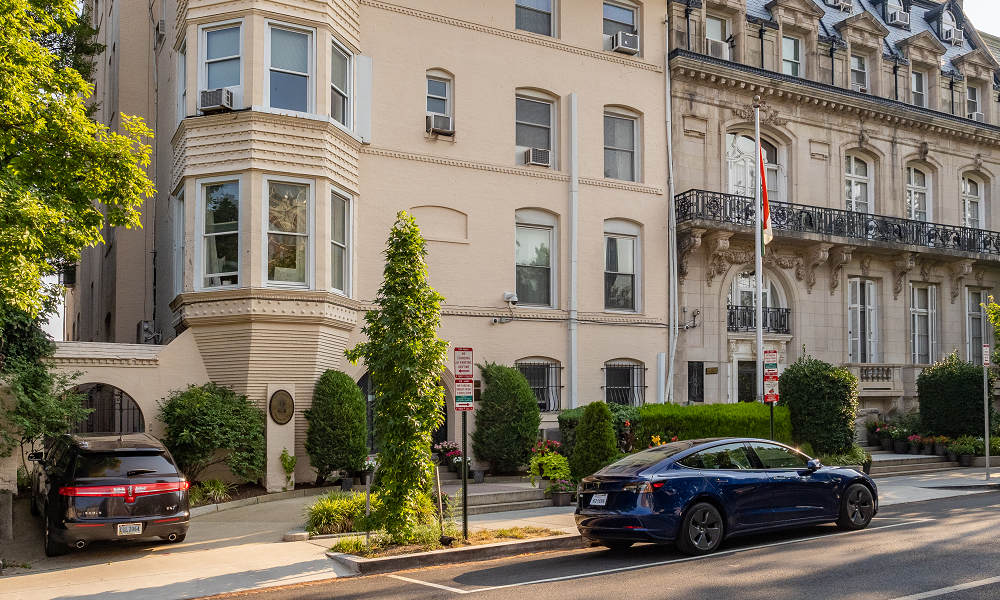
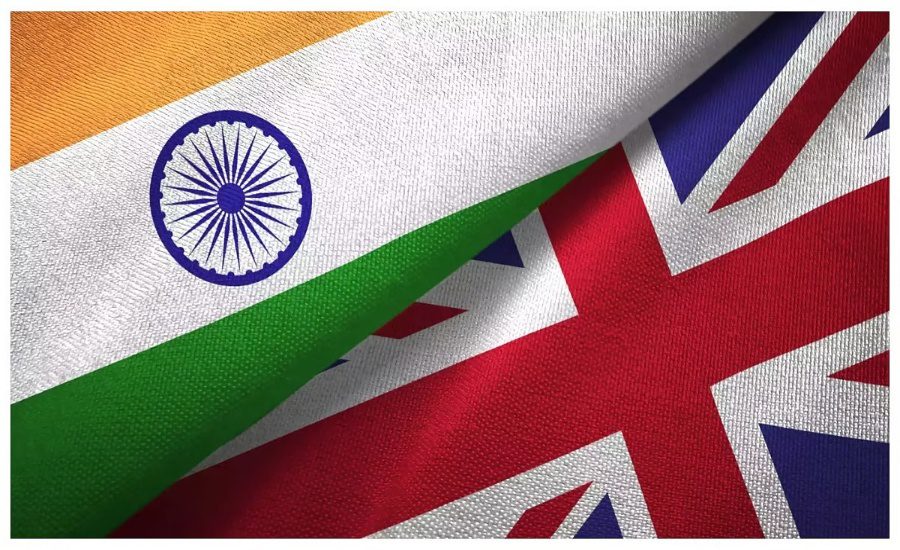
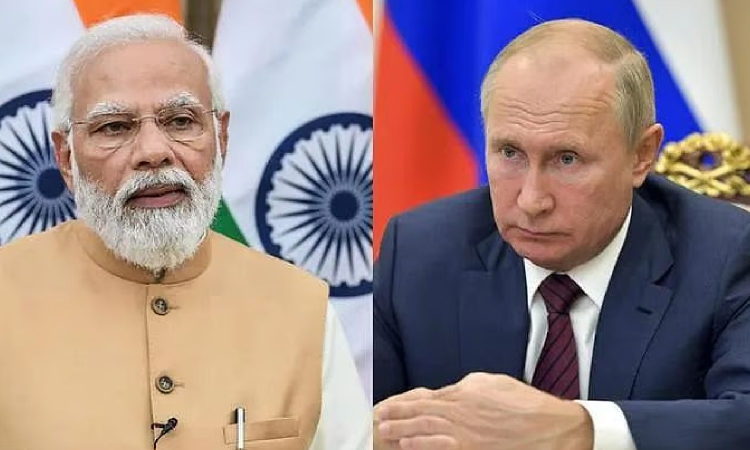
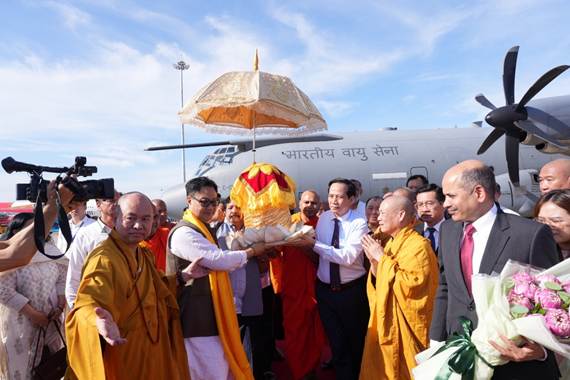
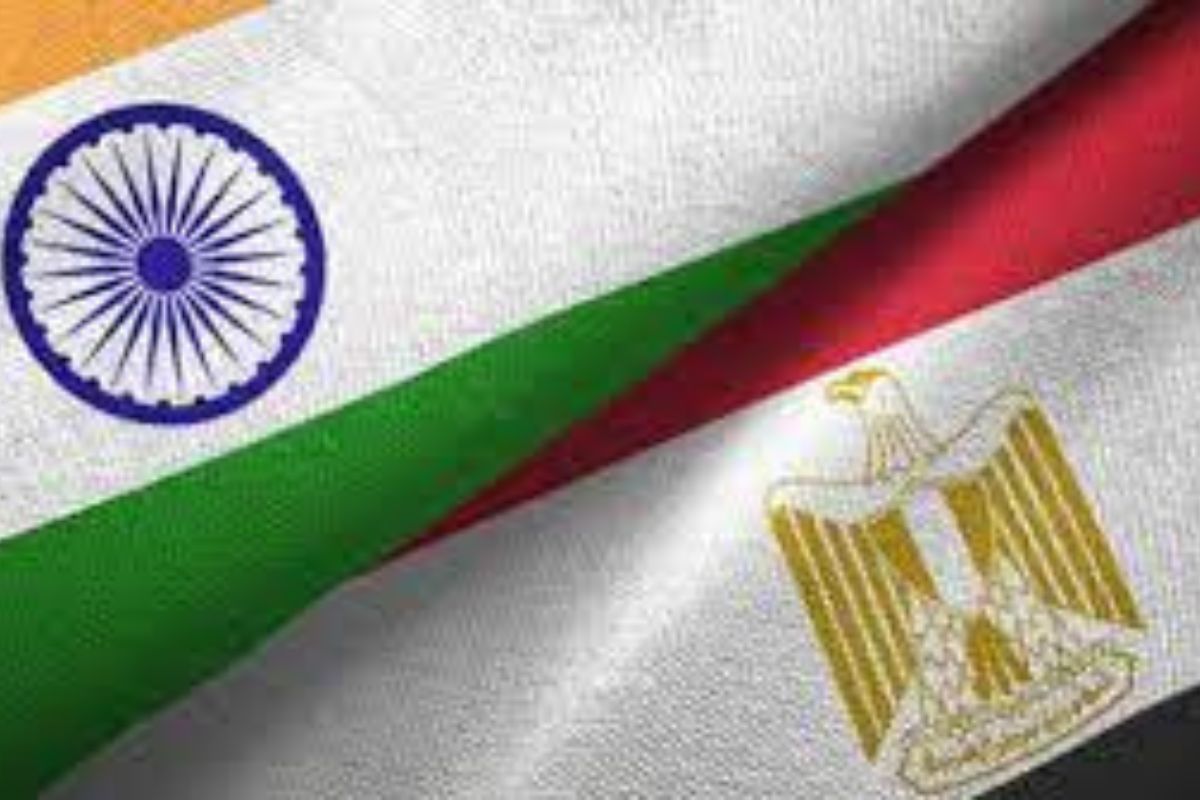
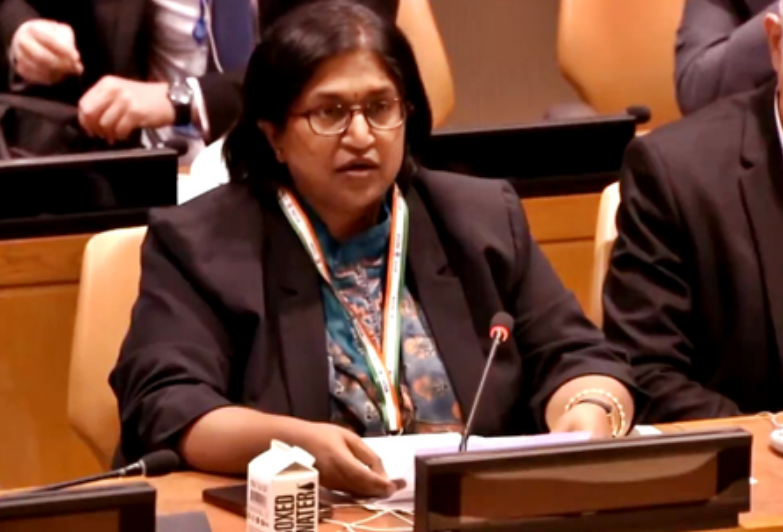
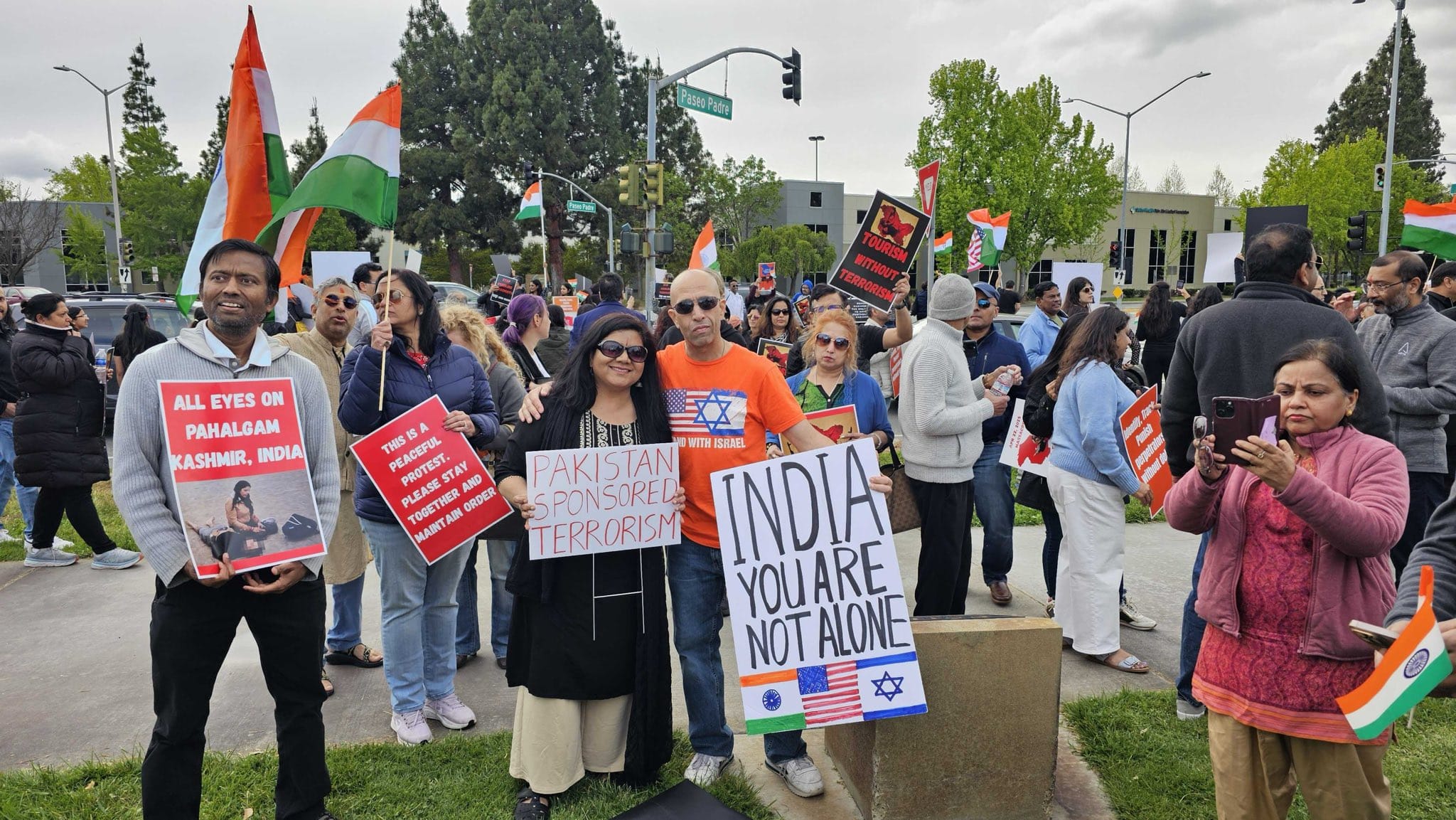
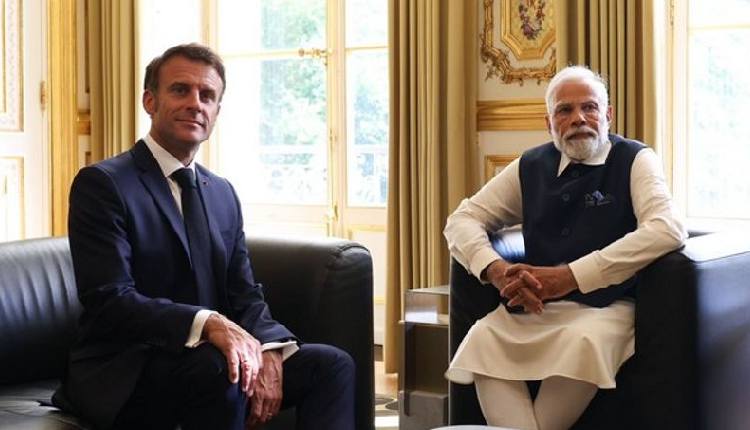
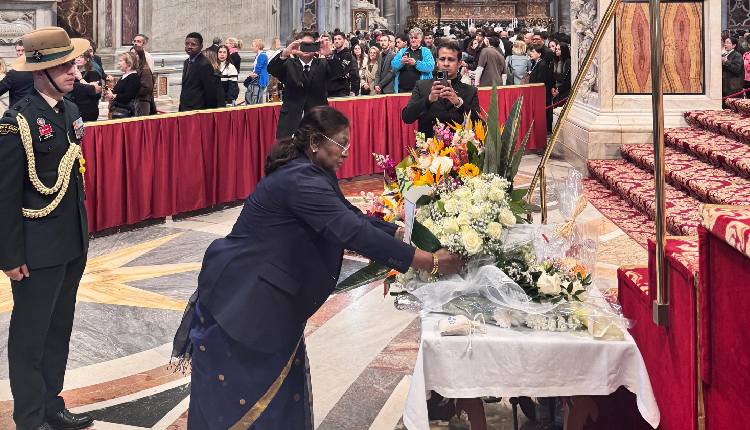
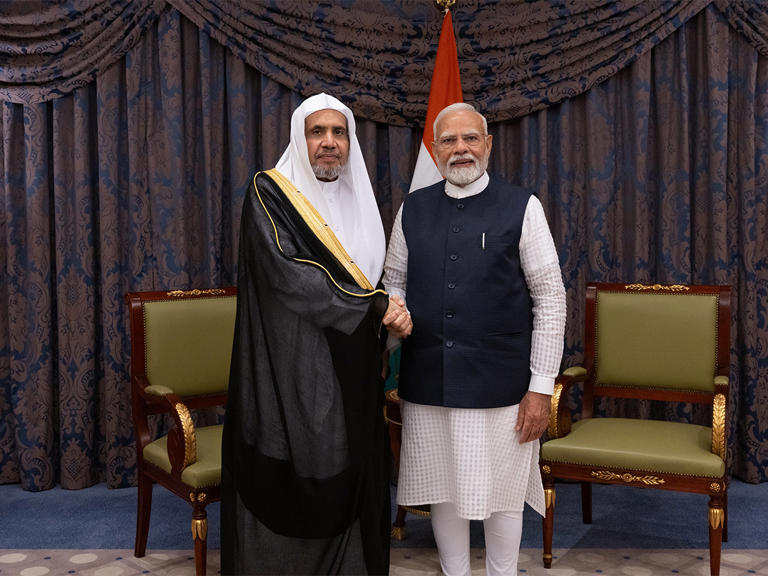
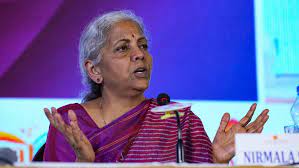
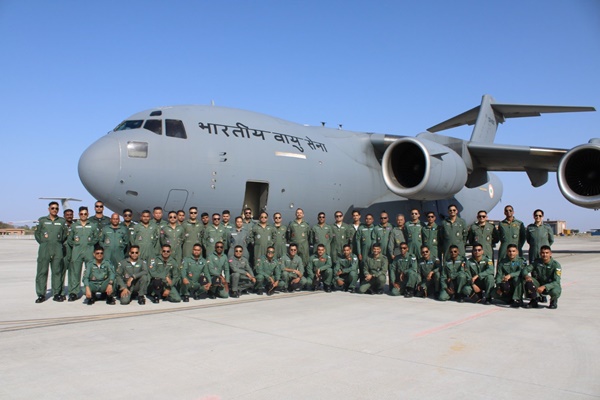
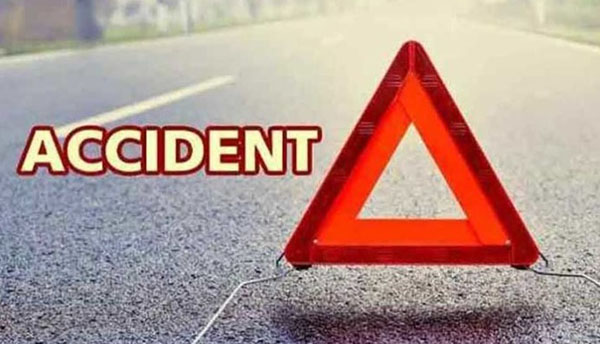
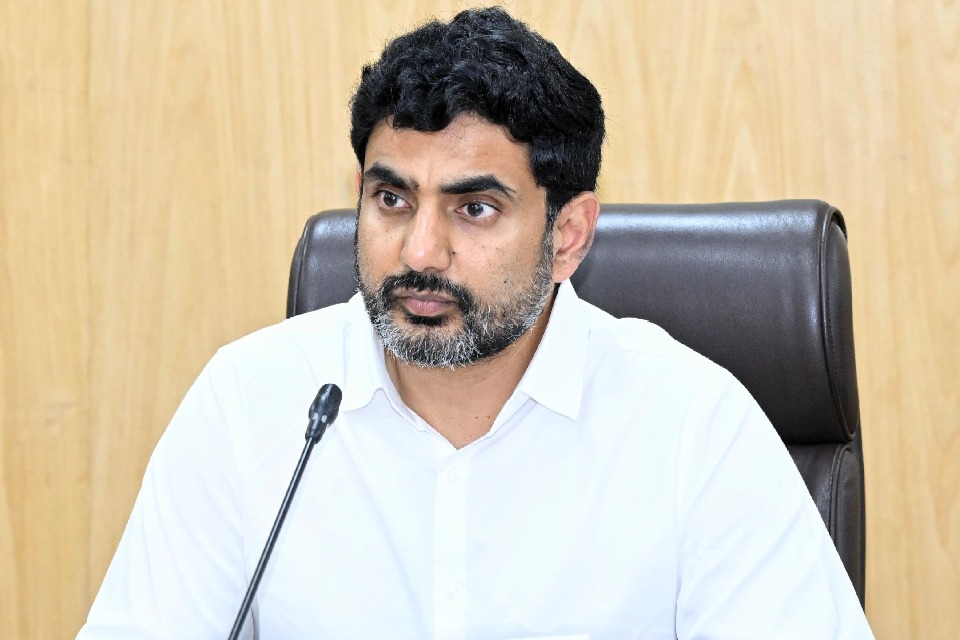


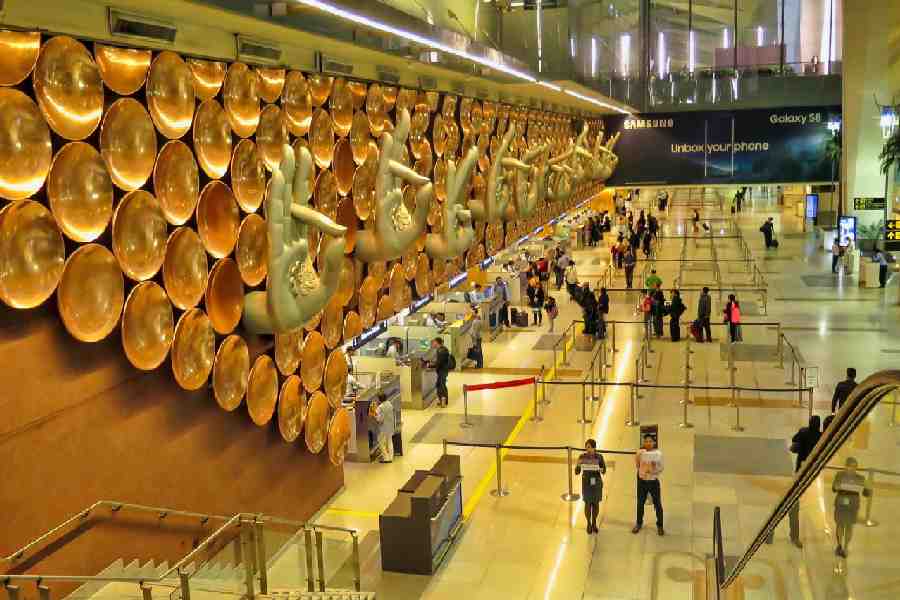
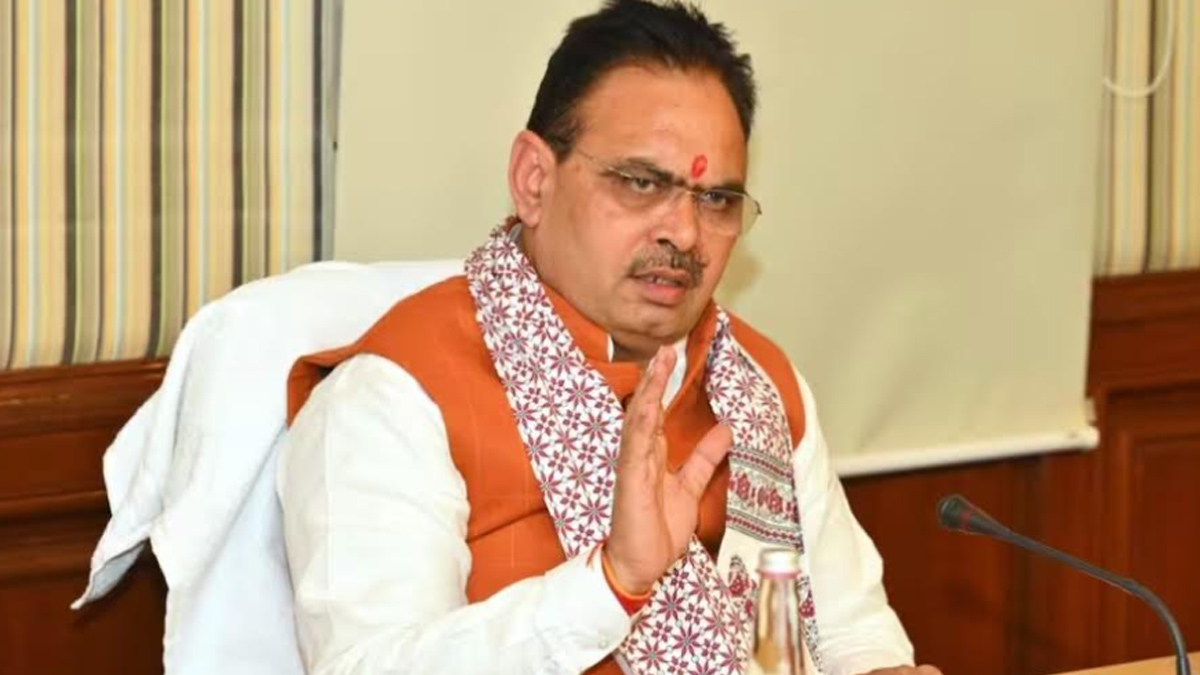
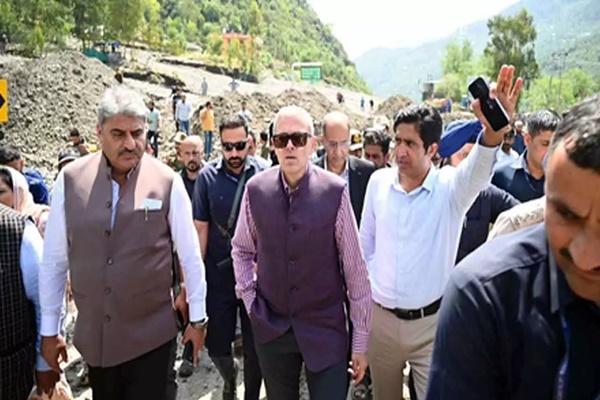
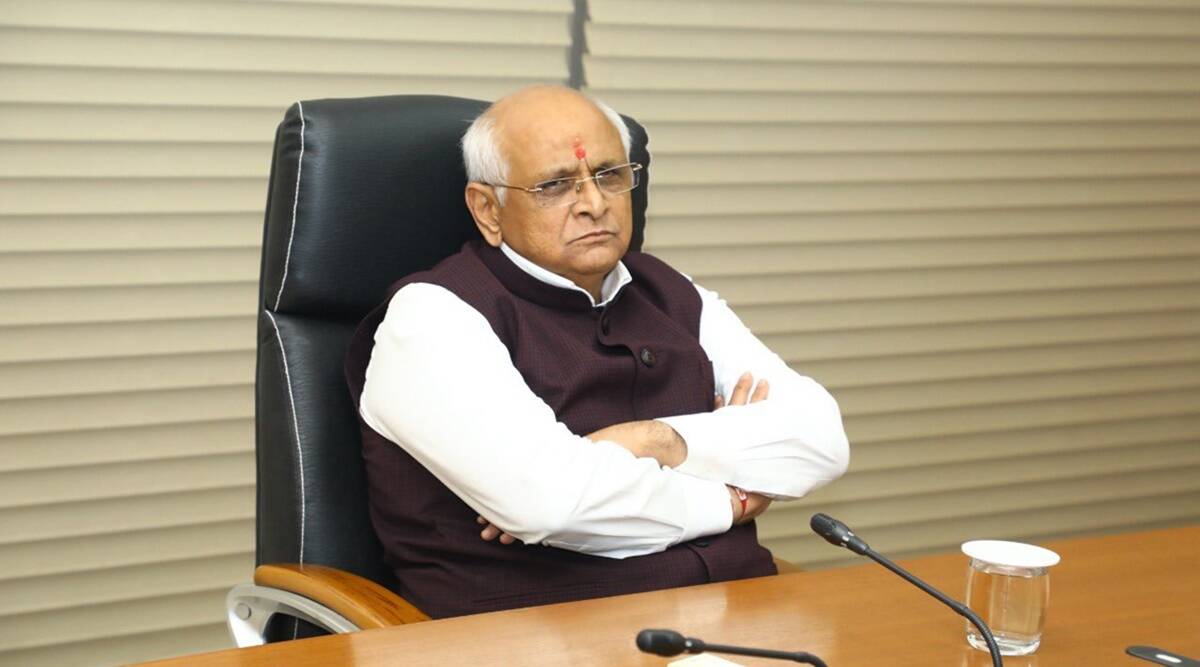
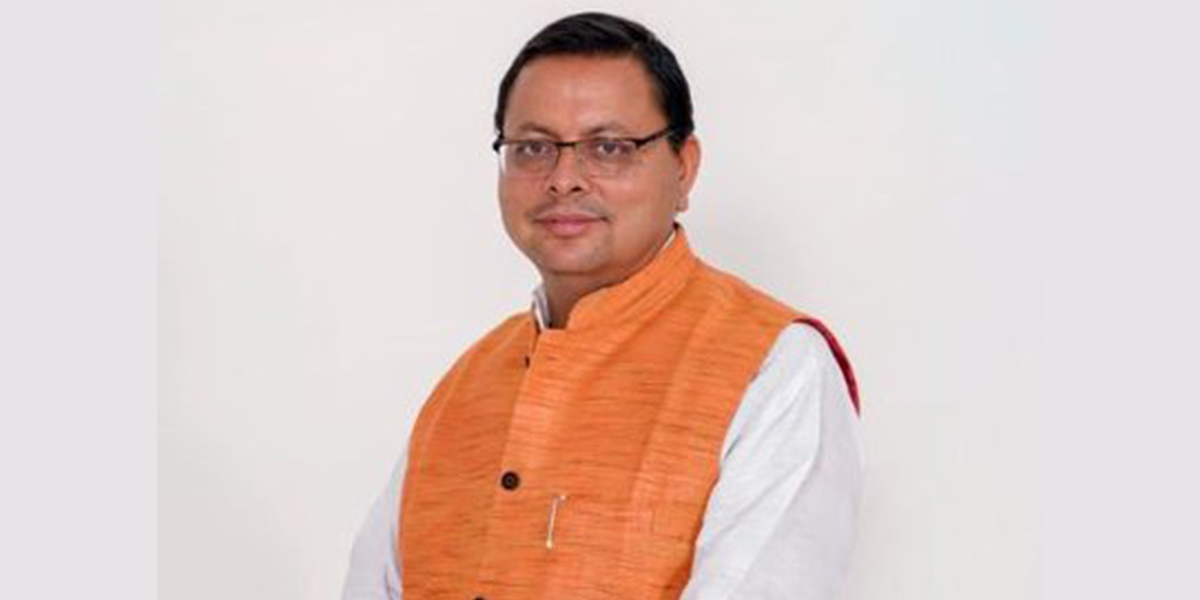
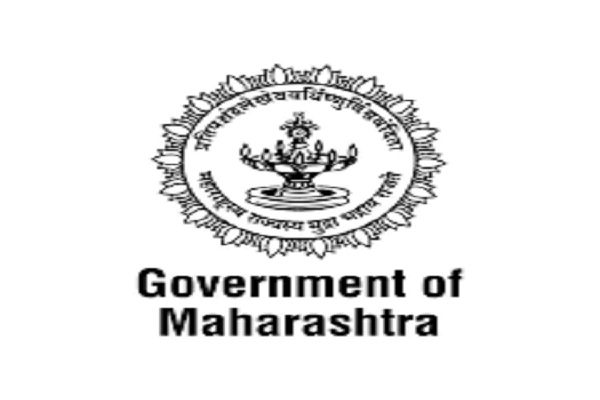
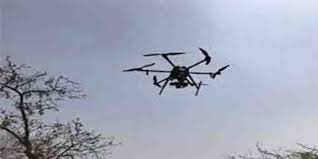
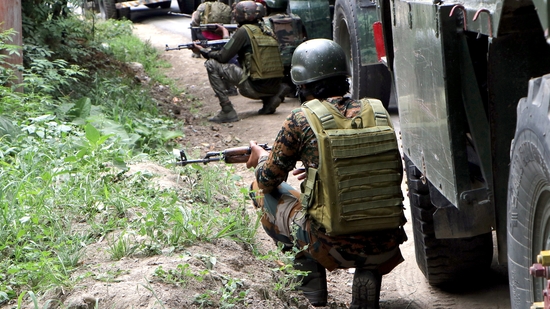

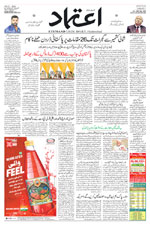


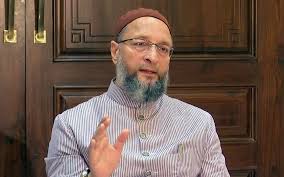
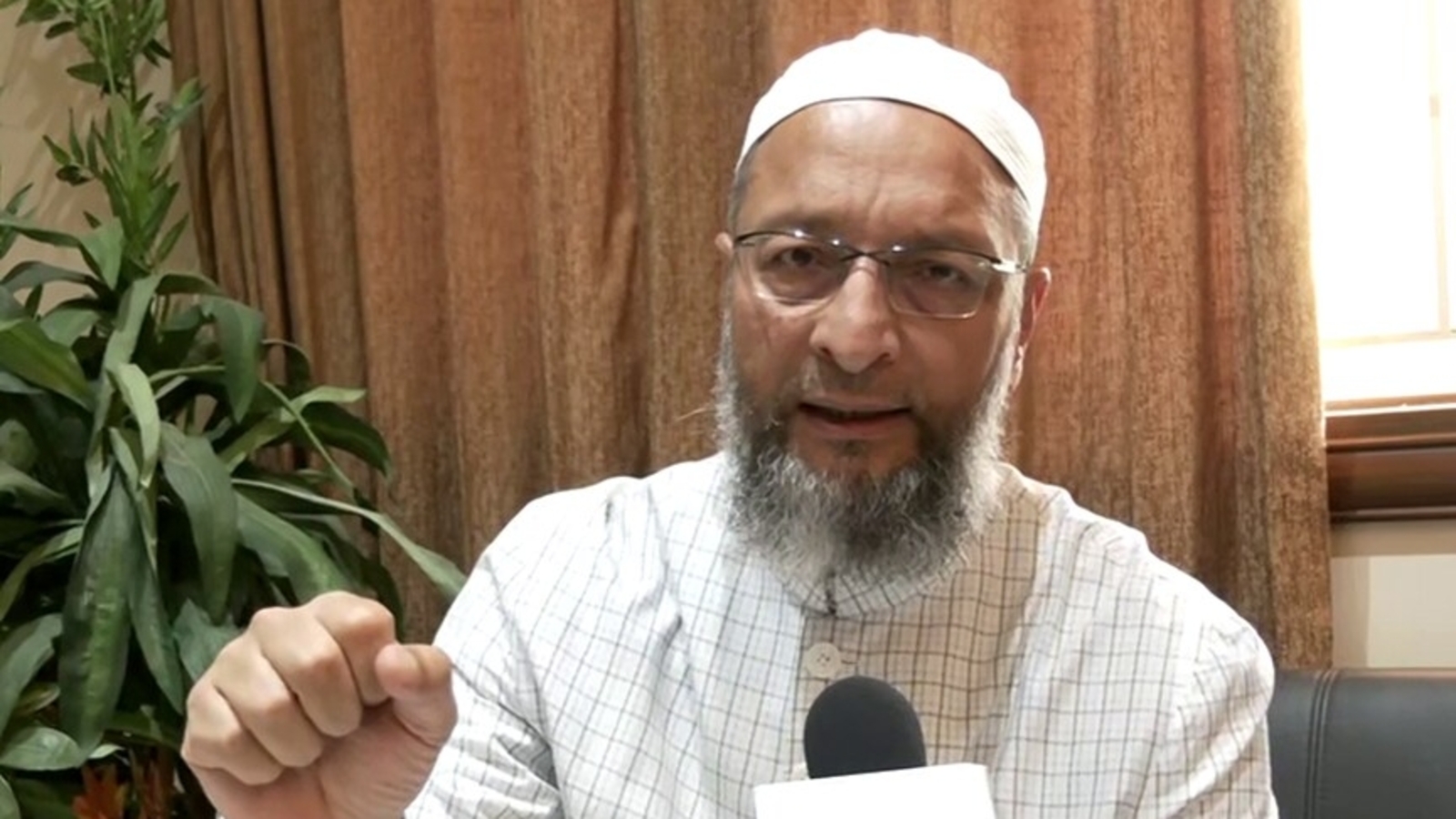
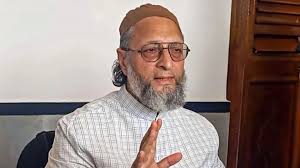
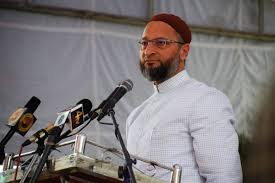




.jpg)




